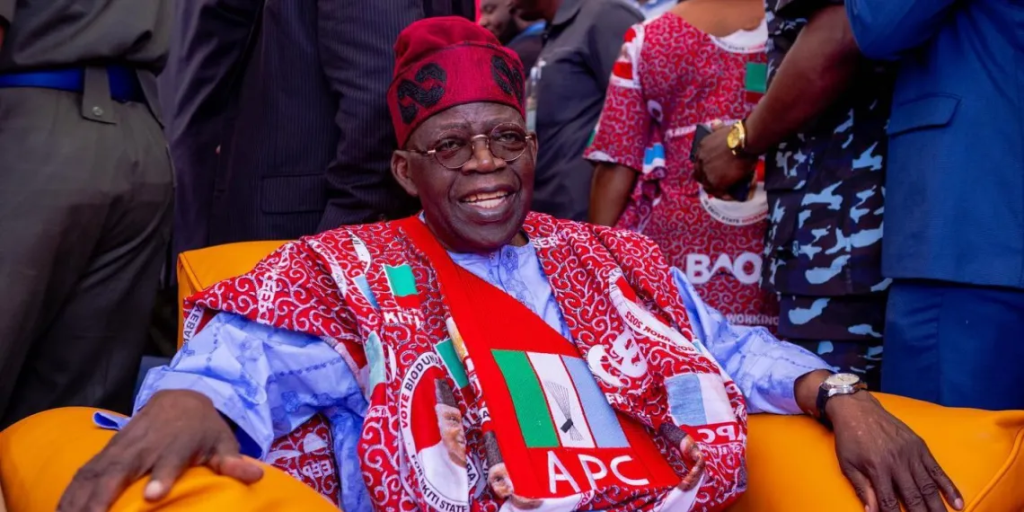•Inside the forces driving PDP govs, lawmakers to ruling party
•How rifts, federal power are pulling opposition figures into the orbit of the party in control at the centre
By Luminous Jannamike Abuja
A wave of high-level defections from the Peoples Democratic Party (PDP) to the ruling All
Progressives Congress (APC) is reshaping Nigeria’s political balance, driven by internal party crises, the quest for federal alignment, and the pursuit of political survival, 29 months since the current administration took office on May 29, 2023.
The movement is strengthening the APC’s control across all tiers of government while leaving the opposition with its weakest footing since 1999.
Recent moves by governors, senators, and lawmakers from Enugu, Bauchi, Bayelsa, and Kaduna have consolidated APC’s dominance, altering the composition of both the National Assembly and state houses nationwide.
A Changing Political Landscape
In 2023, shortly after the general elections, the political map was still competitive. The PDP held several strategic states, while the Labour Party (LP) and New Nigeria People’s Party (NNPP) made notable inroads, especially in urban centres and among young voters.
Two years later, the figures tell a different story. The APC now controls more than two-thirds of Nigeria’s 36 states. In the Senate, it holds 75 of 109 seats, leaving PDP with about 26, while smaller parties share the remainder.
In the House of Representatives, the ruling party’s membership exceeds 200.
These developments followed last week’s defection of key figures, including three PDP lawmakers from Kaduna, Senator Kaila Dahuwa Samaila from Bauchi North, and Governor Peter Mbah of Enugu State.
Each cited internal divisions within their former party and the need to ‘align’ with the Renewed Hope Agenda of the federal administration.
Mbah said his move was the result of long reflection and wide consultation, stressing that the best interests of the people guided his decision.
Samaila, in a letter to Senate President Godswill Akpabio, stated that the PDP had gravely “constrained” his ability to serve effectively, adding that he sought “a more progressive platform that embodies good governance, unity, progress, and discipline.”
Opposition Shrinks Nationwide
The defections are part of a pattern that has weakened the PDP and reduced its legislative influence.
In Bayelsa, Governor Douye Diri and 17 members of the state assembly left the PDP last week, handing the APC near-total control of the 24-member legislature.
In the North-West, Kaduna’s PDP caucus in the House of Representatives also disintegrated, as three members switched to the ruling APC.
Their letters, read during plenary, cited “lingering crisis” in the PDP.
The trend has revived debate about Nigeria’s political diversity and the future of multiparty democracy. Political observers note that since the Fourth Republic began in 1999, no single party has held this level of control across both the executive and legislative arms.
Implications for Governance
The immediate outcome of APC’s expanded majority is legislative fluidity.
With large numbers in both chambers, the party can pass executive-sponsored bills more easily, confirm key appointments without prolonged contest, and coordinate policy across state and federal levels.
However, analysts warn that diminished opposition representation may weaken parliamentary oversight. Already, several committees once chaired by opposition members are being reconstituted under APC leadership.
Former Vice President Atiku Abubakar, responding to the wave of defections, said that freedom of association is a constitutional right, but cautioned that democratic systems thrive only when the rule of law, credible elections, and accountability remain intact.
Federal Alignment anLocal Calculations
In the states, defections are also being driven by economic and administrative factors.
Many governors and lawmakers now view alignment with the centre as essential for securing federal projects, budgetary support, and political leverage.
A senior PDP official in the South-East, who asked not to be named, said that after Governor Mbah’s exit, “party leaders in Enugu were under pressure to follow suit to maintain relevance.”
Similar patterns have been reported in Taraba, where consultations are reportedly underway over Governor Agbu Kefas’s potential move to the APC.
The trend echoes previous political realignments, such as the 2014 shift that saw several PDP governors defect to then-opposition APC ahead of the 2015 elections.
This time, however, the movement is flowing in reverse, toward consolidation under the ruling party.
A Democracy under Strain
While the APC describes the defections as evidence of “national confidence” in its leadership, civil society groups warn that the collapse of opposition strength could erode Nigeria’s democratic framework.
Without credible alternative parties, voters may face fewer real choices, and legislative debate could become largely symbolic.
Analysts have compared the current situation to the late stages of the First Republic, when unchecked dominance by the ruling coalition contributed to instability.
The Centre for Democracy and Development (CDD), in a recent statement, noted that “defections, while legal, risk turning Nigeria’s multiparty democracy into a one-party environment where dissent is weakened and accountability diluted.”
The Road Ahead
For now, APC’s influence appears unchallenged.
With federal and state executives working in tandem, the government has the opportunity to deliver on reforms more efficiently than any administration in recent history. Whether this strength enhances governance or diminishes competition will depend on how power is exercised.
The shifting landscape leaves the PDP and smaller parties with difficult choices: rebuild from within, merge to survive, or risk extinction. As Nigeria approaches the 2027 elections, one fact stands out the balance of power has tilted decisively. The opposition’s decline may be legal, but its consequences for Nigeria’s democracy are profound and unfolding.
Today, the numbers tell the story starkly: from 20 governors in 2023, the APC now controls 26; the PDP has fallen from 14 to 8; while LP, APGA and NNPP each hold just one. These figures illustrate how quickly Nigeria’s political centre of gravity has shifted, and how steep the road to recovery may be for the opposition.
The post Defections unlimited: Democracy under strain as APC shrinks opposition space in 29 months appeared first on Vanguard News.

